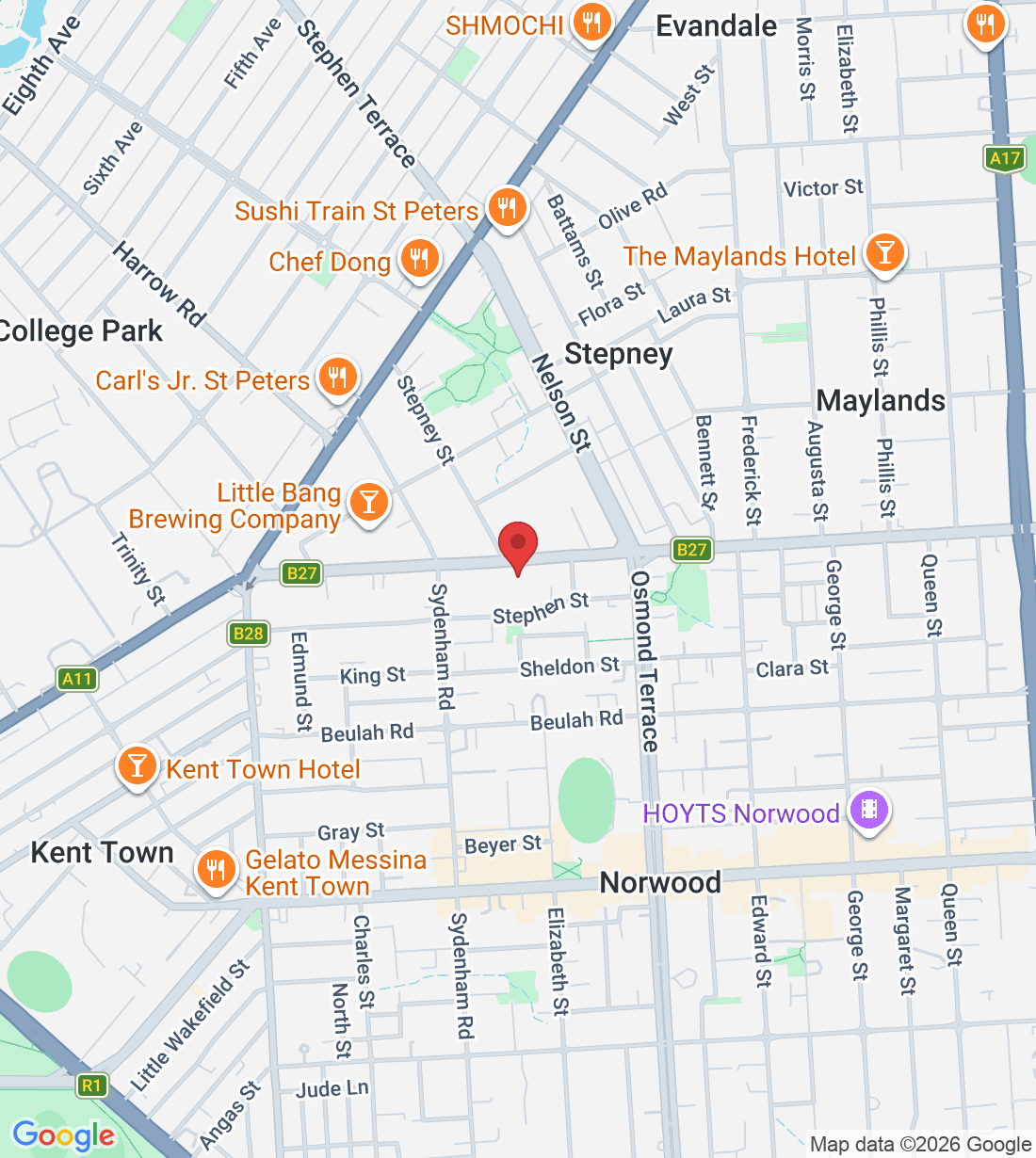
Prostate surgery - what you need to know!
Understanding Pelvic Floor Muscles and Prostate Surgery
Most women learn about their pelvic floor muscles during pregnancy. However, many men only hear about these muscles in their 50s, 60s, or even 70s, often when discussing prostate surgery with their doctor.
About 1 in 4 men will suffer symptoms from an enlarge Prostate. In Australia about 19,000 men are diagnosed with prostate cancer each year. It's the most common cancer in men, after skin cancer. Treatment for either a benign enlarged prostate or prostate cancer often involves surgery to remove the prostate, either partially (TURP) or completely (prostatectomy).
These surgeries can be done through the abdomen, laparoscopically, or with robotic assistance.
Why Urinary Incontinence Happens
After prostate surgery, up to 87% of men experience urinary incontinence. This is because the prostate, located just below the bladder and around the urethra, plays a key role in controlling urination. The pelvic floor muscles and the urethral sphincter work together to prevent leakage. With the removal of the prostate the pelvic floor muscles have to learn to work harder. This takes time and effort.
Role of Physiotherapy
It's not all bad news. Men who learn about their pelvic floor muscles before surgery can use them to regain bladder control and recover faster. Research shows that 87% of men regain continence within 12 months post-surgery, and 93% are dry by two years. Starting pelvic floor exercises before surgery (prehab) leads to even better outcomes.
Benefits of Pelvic Floor Exercises
Men who receive supervised pelvic floor training recover continence faster (3-6 months vs. 6-12 months). These exercises strengthen the muscles needed for urinary control and support daily activities.
Importance of Seeing a Specially training Pelvic Floor Physiotherapist
Seeing a pelvic floor physiotherapist who has advanced skills in prostate surgery recovery is crucial. They can teach you how to correctly find and activate your pelvic floor muscles, and create a personalised exercise program tailored to your needs. This targeted approach not only speeds up recovery but also improves overall quality of life.
Take Control of Your Recovery
Enlarged Prostates and Prostate cancer are very common, and surgery is often necessary. However, early education and tailored exercises can help men return to their normal activities.
If you or someone you love have been given a a prostate diagnosis or upcoming surgery, contact your pelvic floor physiotherapist at Vital Core.
Ask a question of Vital Core Physiotherapy
Fill in the form to request a Call From Our Team
One of our team will call you for FREE and answer any questions or concerns you may have about your condition
© 2023 Vital Core Physiotherapy





